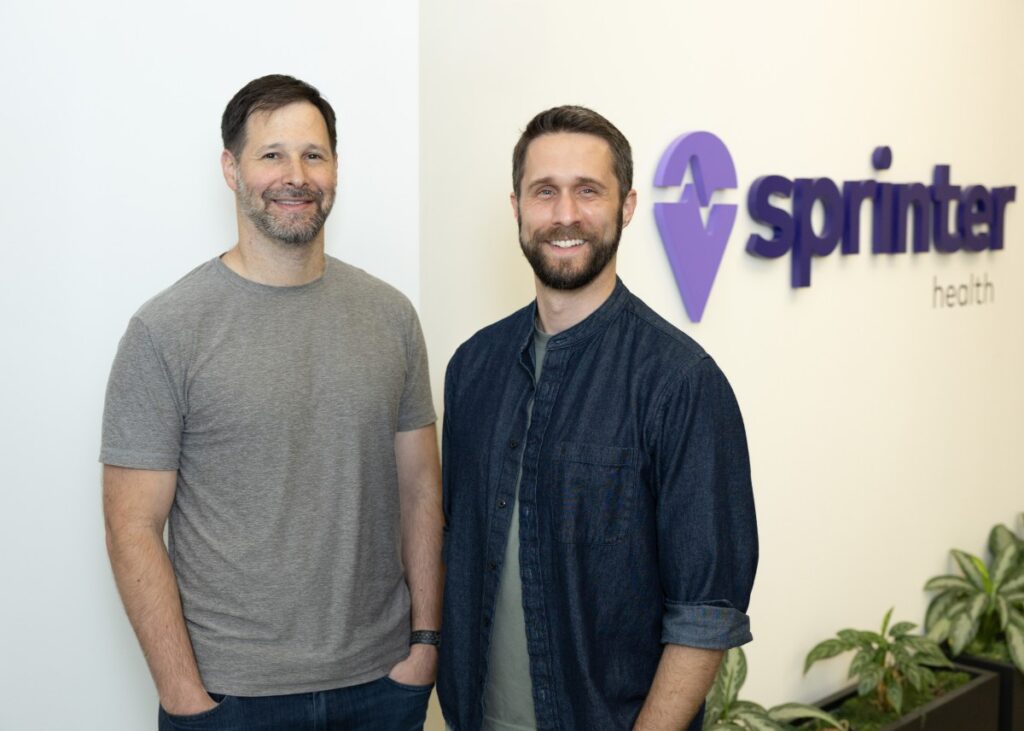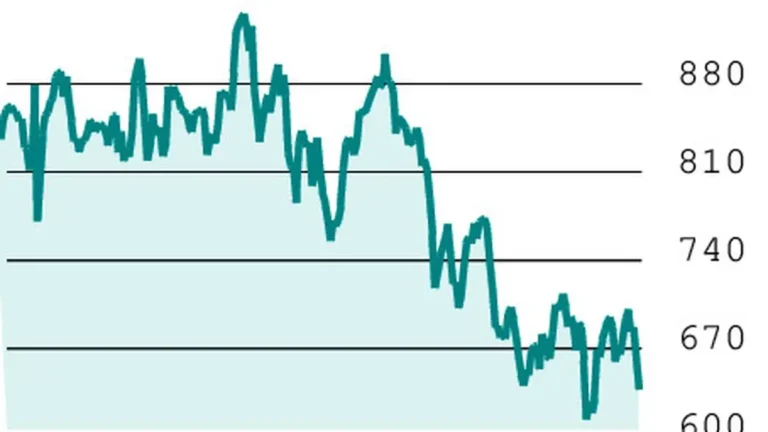When Max Cohen and Cameron Behar set out to launch a startup together during the pandemic, they decided to focus on the most top-of-mind sector of the era: healthcare.
But since neither Cohen nor Behar had a background in healthcare (both worked at Google and Facebook previously), they had to think long and hard about how to contribute to a sector that was dominating the public consciousness at the time.
Telehealth was getting tremendously popular, too, in those years, but the duo recognized that not all patients can be served remotely.
So, Cohen and Cameron built Sprinter Health to fill that gap, offering at-home preventative services such as blood draws, diabetes eye checks, and colorectal cancer screenings. The startup says its goal is to serve and re-engage patients who haven’t been using the health system so they can stay healthy for a long time.
Four-year-old Sprinter has been growing fast: it now operates in 18 states (compared to five in 2023), and has seen its revenue increase six-fold over the past year, Cohen said.
That progress has helped the startup attract a $55 million Series B round led by General Catalyst. Andreessen Horowitz, and other existing investors, including the Regents of the University of California, Google Ventures, and Accel also participated. The fresh capital brings the startup’s total funding raised to $125 million.
Sprinter Health’s secret sauce is its tech logistics system, which provides optimal routes and schedules to its clinical professionals, phlebotomists cross-trained as medical assistants, and community health workers.
“We need to make sure that our employees are spending as much time as possible serving patients rather than driving,” Cohen said. The company’s route simulator, which accounts for variables like traffic, weather and parking, helps its staff serve up to 12 patients daily.
“There have been many home-based care companies that have failed because it’s really hard to make the unit economics work when you are deploying humans into the field,” Julie Yoo, a general partner at a16z, told TechCrunch. “Unless you have very tight operating systems, it’s really hard to build a business that can be sustainable and durable over time.”
Yoo, who’s on the company’s board, compared Sprinter Health’s business to Instacart and DoorDash, since the food delivery companies also need to serve as many customers as possible to achieve strong gross margins.
Sprinter Health’s services are free to members of the company’s health insurance partners, which include Medicare and Medicaid.














